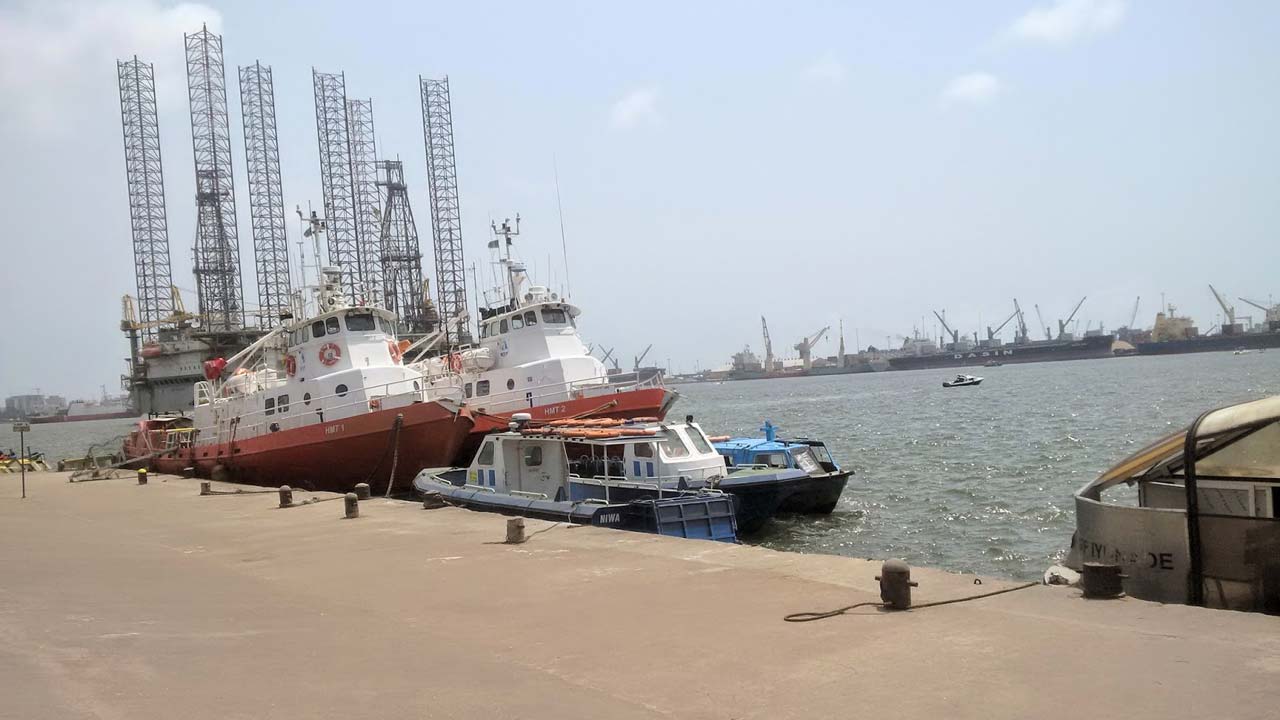
Member states were also cautioned to strengthen regulations on vessel seaworthiness, prevent overloading, avoid night travel where there are no navigational aids and enforce the use of safety equipment, including functioning life jackets for each passenger according to ferry capacity.
The Secretary General of MOWCA, Dr Paul Adalikwu, made these remarks while expressing condolences to the governments of Nigeria and the DRC following recent boat accidents that reportedly claimed the lives of over 110 people.
In Nigeria, on October 1, 2024, a boat carrying over 300 passengers to Gbajibo for a religious event capsized in the Mokwa Local Government Area of Niger State, with at least 41 people reported dead.
This tragedy occurred just weeks after the launch of Nigeria’s Waterways Transport Code, during which the National Inland Waterways Authority (NIWA) commenced a sensitisation programme across riverine communities and jetties.
Similarly, in the DRC, at least 78 people drowned and many more remain missing after a boat believed to be carrying 278 passengers capsized on October 3, 2024, a few hundred meters from the shore of Lake Kivu.
Adalikwu extended the sympathies of the MOWCA Secretariat to the affected West and Central African nations, describing them as strategic partners in the organisation’s mission to promote safer and more cost-effective maritime transportation in the subregion.
He urged state and non-state actors to familiarise themselves with SOLAS procedures, especially Chapters 3 and 4, which cover the provision of life-saving appliances and radio communication equipment.
He emphasised that MOWCA would continue partnering with member countries to promote safe practices and offer technical support to help nations harness their marine resources for fisheries, transportation, hydropower, agriculture, tourism and other sectors in the marine value chain.
Meanwhile, Nigeria’s Minister of Marine and Blue Economy, Adegboyega Oyetola, advised boat users to avoid night travel, refrain from overloading, and ensure they wear life jackets before embarking on any journey, however short.
He noted that these are the primary causes of preventable deaths on the waterways, stressing the importance of collective action in addressing boat accidents and urged boat users to strictly adhere to the Waterways Transport Code.
Oyetola also tasked NIWA with enforcing the code rigorously to standardise water transportation, reduce accidents and create a safer environment for potential investors.
The Minister further called on state governments, particularly those in coastal regions, to collaborate with NIWA in efforts to end the frequent accidents on Nigeria’s waterways, declaring that all stakeholders must work together to prevent future mishaps.
Additionally, the Waterfront Boat Owners and Transporters Association of Nigeria (WABOTAN) highlighted several human factors contributing to the recent tragedies, including rough water waves leading to boat damage, overloading, lack of life jackets, and nighttime travel.
The National President, WABOTAN Babatope Fejemirokun, expressed concern over the recurrence of such incidents in the same community, referencing a similar accident last year that claimed 31 lives.
He urged NIWA to intensify its safety awareness campaigns and more effectively enforce regulatory policies to ensure the safety of Nigeria’s waterways.






